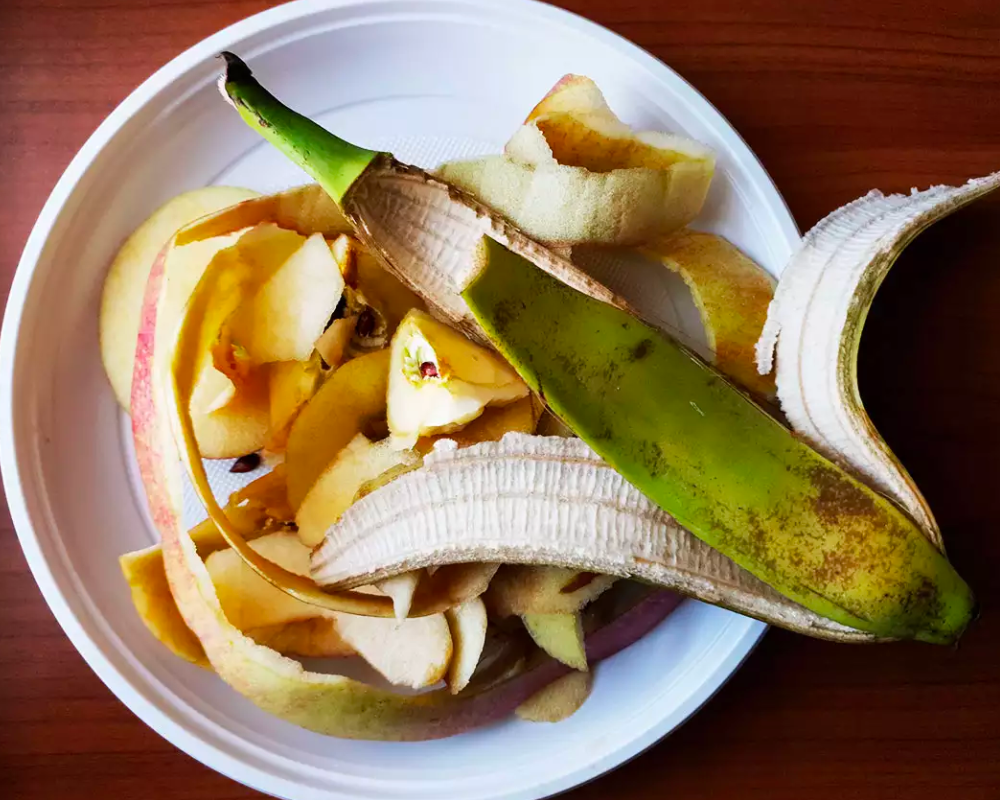
Since the beginning, it has been our habit to peel all our fruits and vegetables. But the question is, do we really need to do that? There have been reports that suggest that vegetable and fruit peels contain a lot of nutrients that go to waste when thrown away and they also have a negative impact on our environment. So, we are not only missing out on vitamins and other nutrients but also causing harm to our climate.
To Peel or Not to Peel
Fruits and vegetables are excellent providers of fiber, phytochemicals, vitamins, and minerals. According to the WHO, a human should consume at least 400 grams of fruits and vegetables, which may not be possible for everyone. Therefore, consuming this nutrient-filled food with its peel may help achieve that goal. According to the US Department of Agriculture, apples that have not been peeled include 15% more vitamin C, 267% more vitamin K, 20% more calcium, 19% more potassium, and 85% more fiber. The biologically active phytochemicals flavonoids and polyphenols, which have antioxidant and antibacterial effects, are abundant in many peels.
Effects of the Discarded Peel on the Climate

Unconsumed food, including peels, is responsible for 8%-10% of global greenhouse gas emissions, according to the Food and Agriculture Organization of the United Nations. There are reports stating that the most potent greenhouse gas, methane, is released when food spoils in landfills. With a population of only 5.1 million, New Zealand alone reported an annual loss of 13,658 metric tonnes of vegetable peels and 986 metric tonnes of fruit peels.
Dealing With Pesticides on Peels
Pesticide residues are undoubtedly kept on or near the surface, although this varies depending on the type of plant. To get rid of pesticides and other chemicals, the US Food and Drug Administration advises people to thoroughly wash the fruit in cold water and scrub it with a vigorous brush. Pesticide residue can also be decreased by using cooking methods like boiling and steaming.